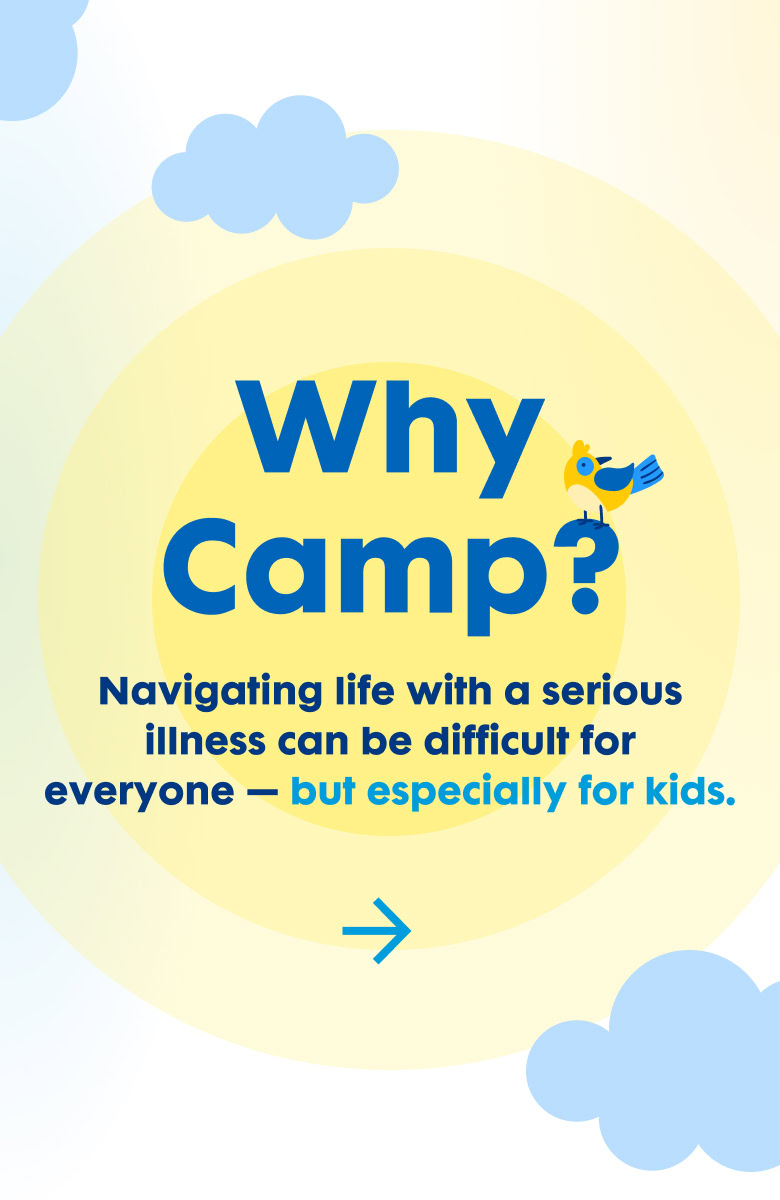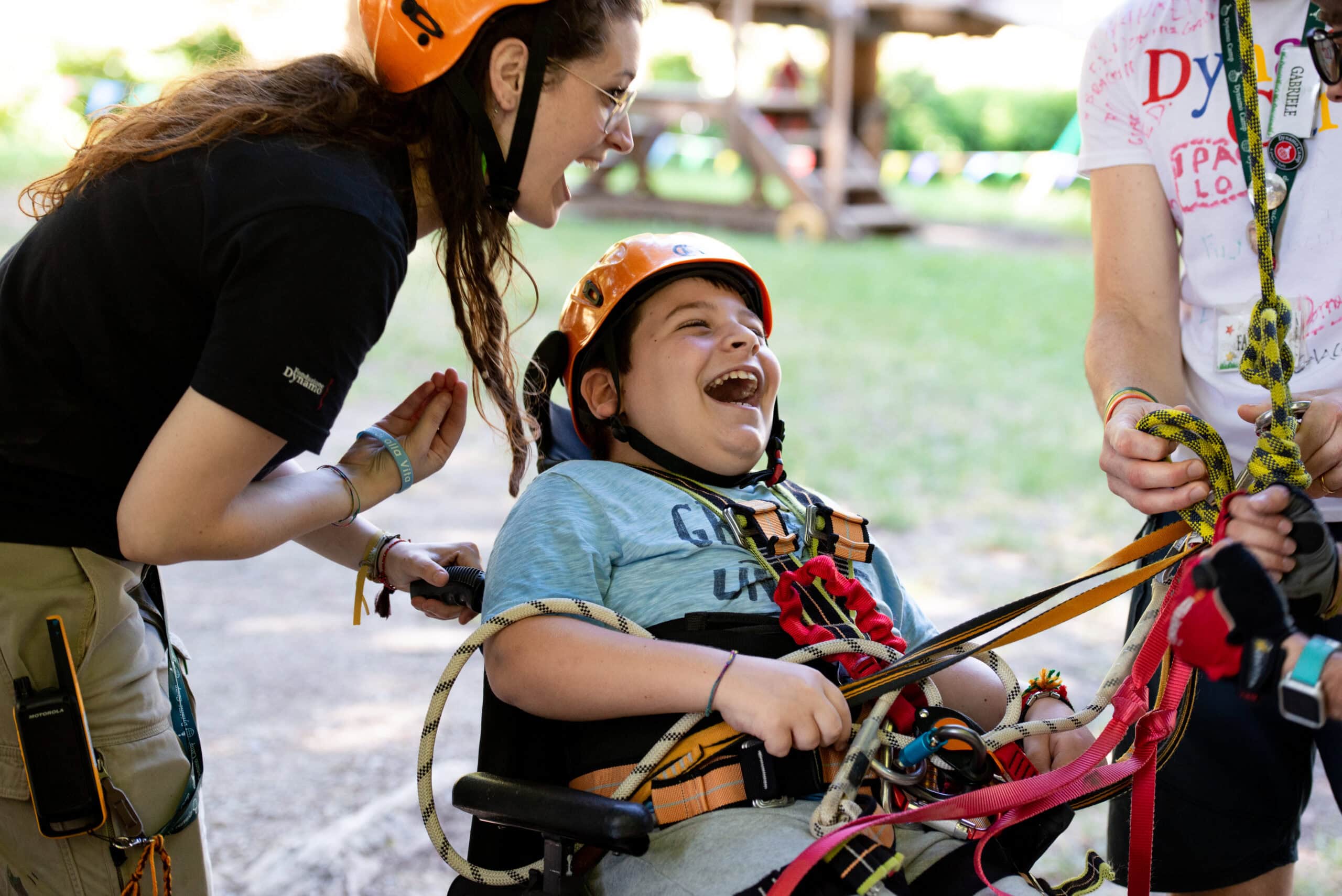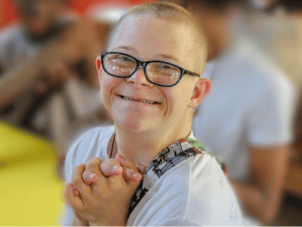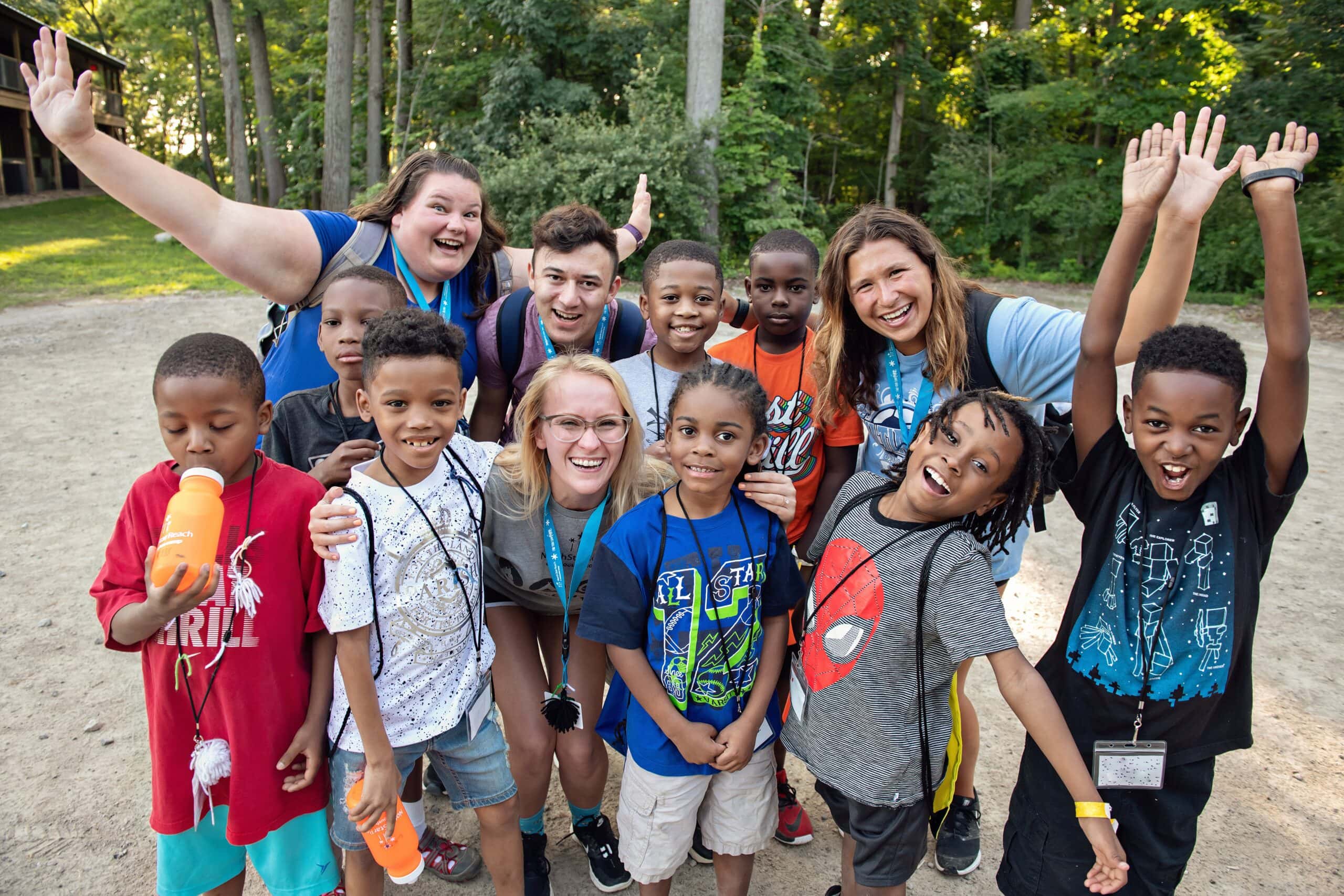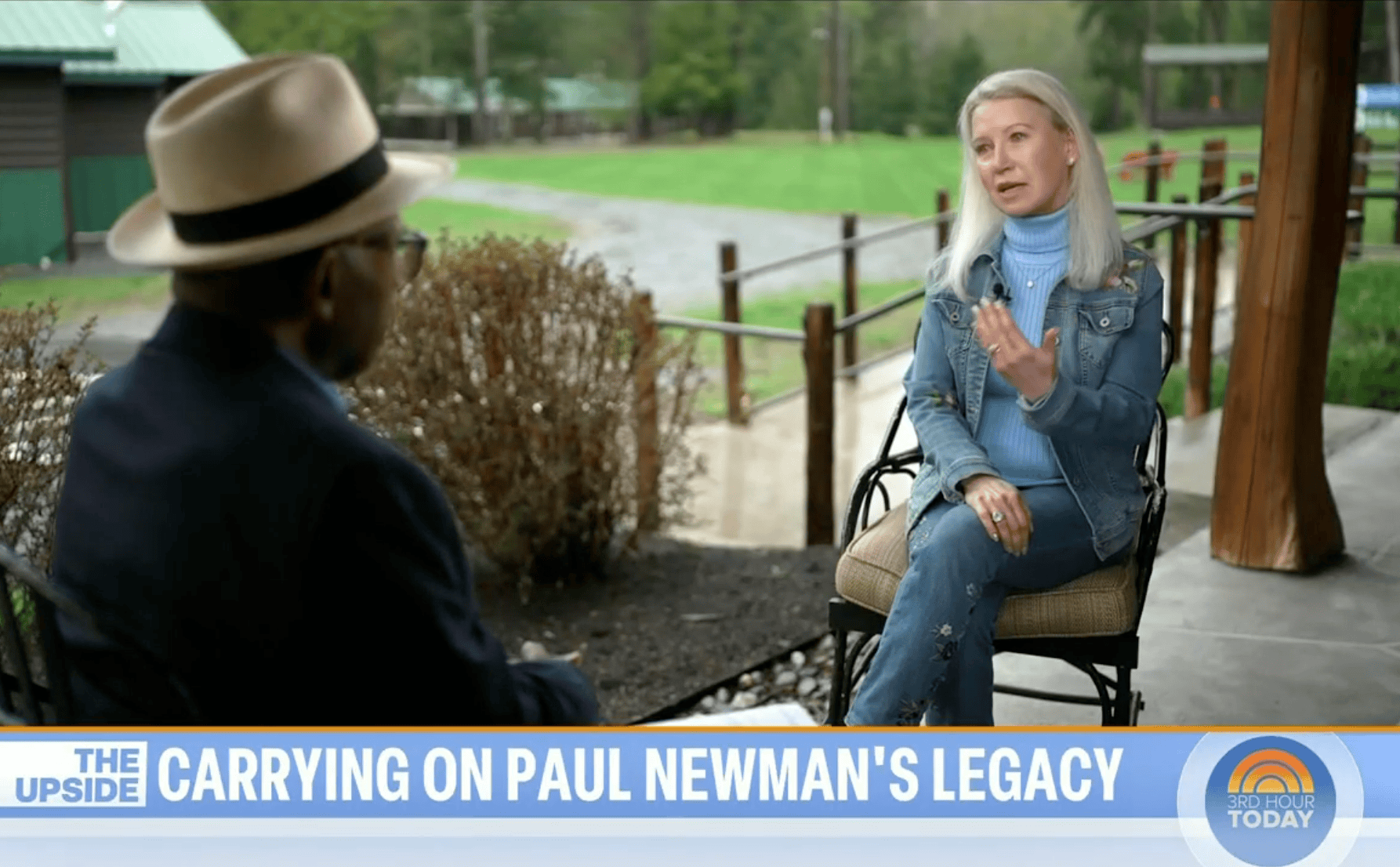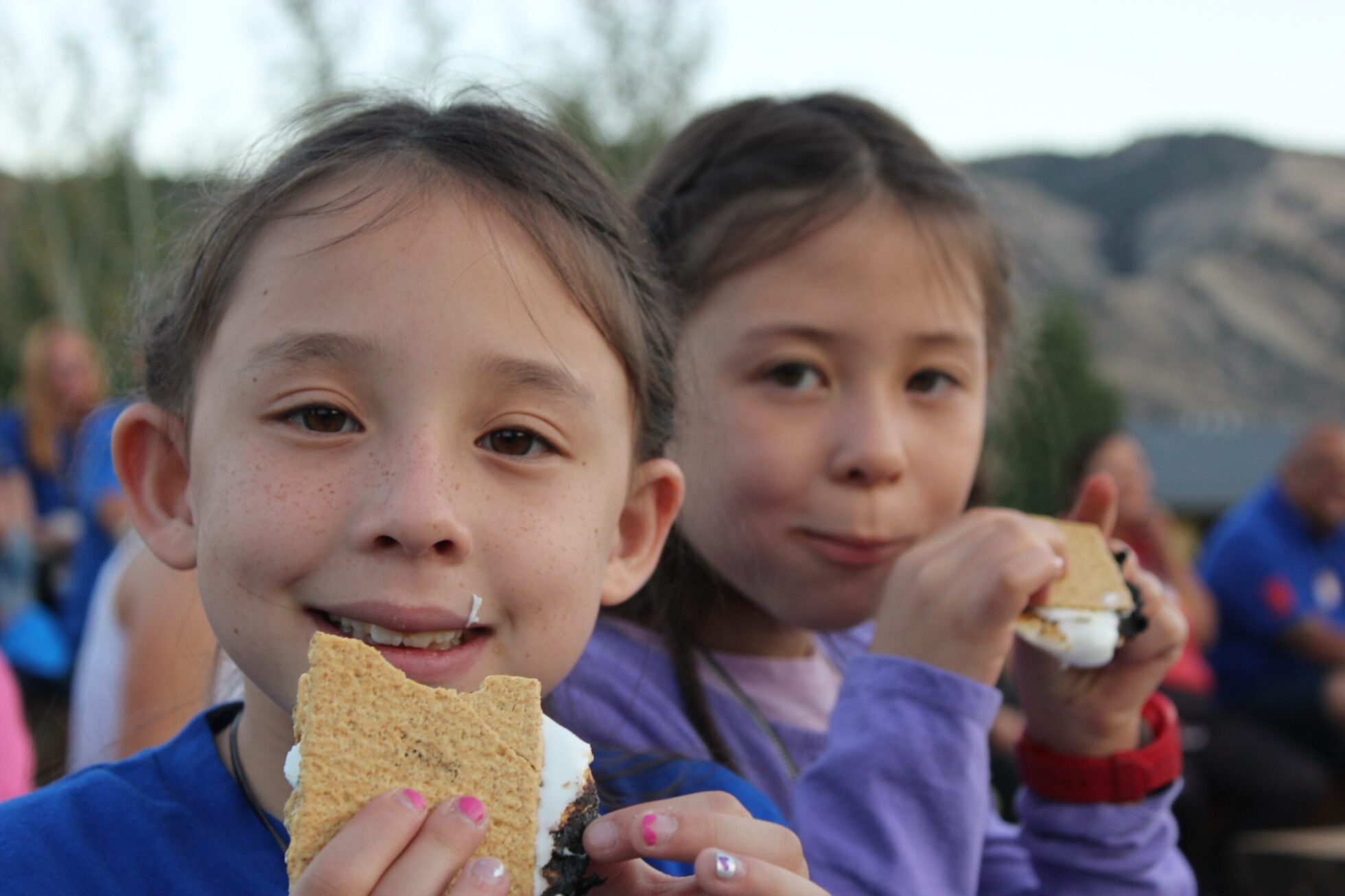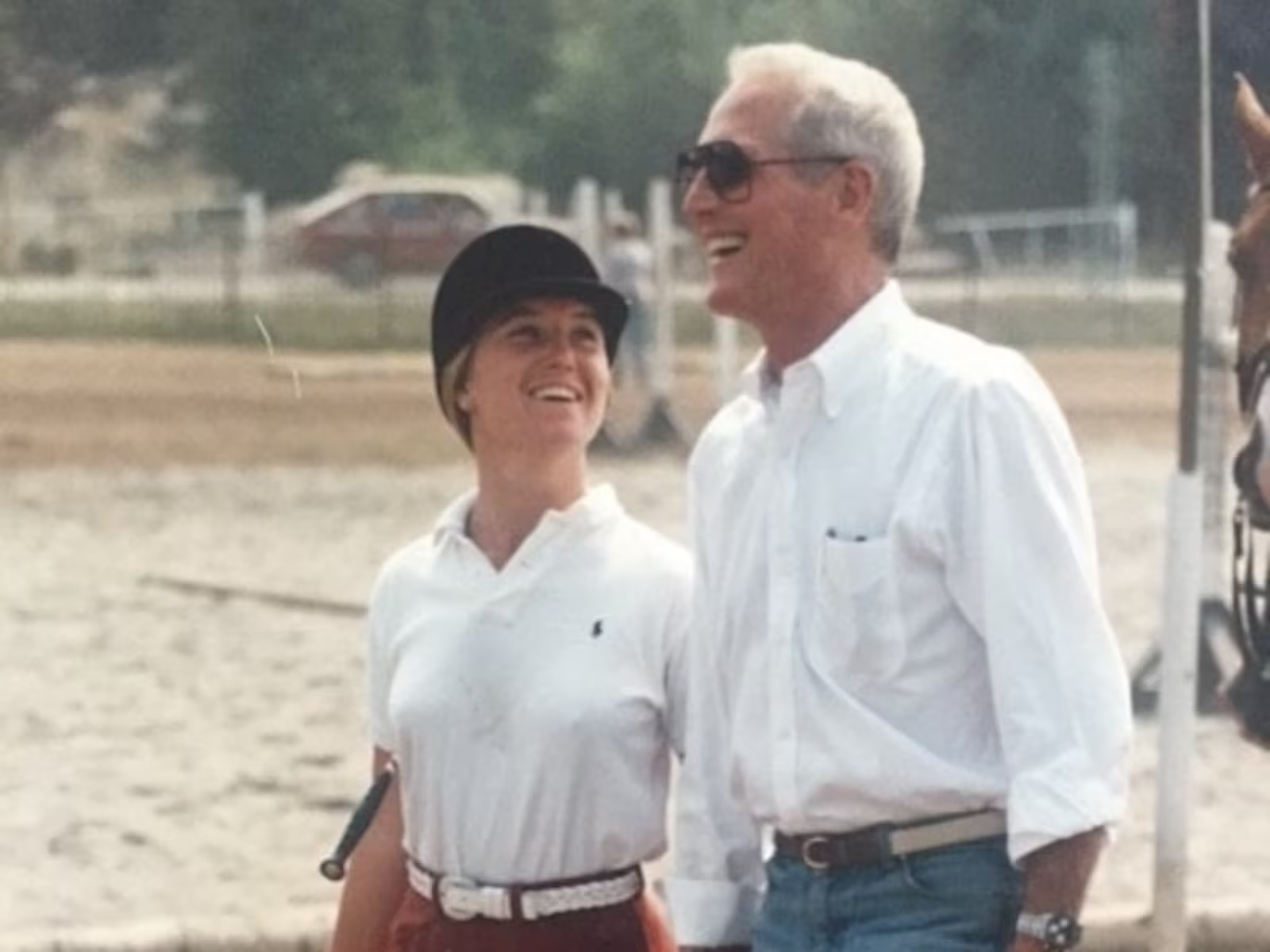When staff, volunteers, and parents describe the children who attend SeriousFun camps and programs, one of the first terms often mentioned is “resilience,” the capacity to recover quickly from challenges—and rightly so. Camp offers experiences that increase a camper’s sense of self. This creates important opportunities for campers to shift how they perceive their abilities while at camp and in the future. That cycle of resilience building often continues long after the conclusion of a camp session.
So why does developing resilience matter, especially for the young campers living with serious illnesses who attend SeriousFun camps and programs?
According to Sheryl Sandberg and Adam Grant, co-authors of Option B: Facing Adversity, Building Resilience, and Finding Joy, it’s the very nature of their age that makes building resilience so essential in children.
Grant says, “sometimes kids seem to be more resilient than adults, and there’s actually a neurological basis for this. Kids have more neural plasticity than adults do. It’s easier for their brains to adapt to new situations and to stressful situations as well.” So, when camps provide opportunities for growth and the ability to successfully overcome obstacles, campers are primed to internalize those experiences.
This is important, according to Sandberg, because “The research shows resilient children felt a strong sense of control over their lives, saw themselves as masters of their own fate, viewed negative events not as threats but as challenges and even opportunities.” These attitudes and outcomes are the aim of each SeriousFun camp and program.
Alongside the joy kids experience at camp, they also gain real-life skills and dispositions that will serve them far beyond the gates of camp.
Dr. Wendy Cook has witnessed camper resilience firsthand on countless occasions in her decades-long involvement with the Network, first as a counselor at The Hole in the Wall Gang Camp, next as the founding Medical Director at The Painted Turtle, and now as the Network’s Medical Advisor. She confirms, “Camp fosters resilience, which helps in the face of a healthcare crisis.”
She has seen resilience build in the lives of campers in several key ways: increased self-efficacy, an increased sense of identity, a sense of belonging, and a feeling of control.
Self-efficacy, an innate belief in one’s own abilities, is one development that Dr. Wendy has seen time and again. She recalls the example of “campers with hemophilia who have never been able to self-infuse, and they come to camp and they learn to do that, and it just shifts their mindset about their own independence and self-care.”
Providing new skills and reinforcing habits that campers can own when they return home can make a major difference in their belief in taking on even more complex challenges. Campers begin to see themselves differently as well. Camp provides a space for them to get in touch with who they are beyond their diagnoses to broaden their personal identity.
Camp also fosters resilience through social connection. Dr. Wendy affirms, “kids at camp build connections to campers, they build connections to adults, they learn social skills, and when they leave camp they have more connections outside of camp.” The wider their network of support, the more campers know people are looking out for and care about them. The feelings of success they get as they extend their boundaries have a long-lasting impact on campers’ abilities to tap into their resilience once they leave camp grounds.
Another key factor in the way camp impacts resilience is that it offers campers a sense of control and independence. A choice as small as which medical exam room to enter, or the tenet of “Challenge by Choice,” where campers choose how they will participate in activities, may seem insignificant, but in reality it can make a huge difference to a child.
Because so much of campers’ lives related to their health can feel out of their control, camp provides safe choices and autonomy over decisions through which campers can take charge of their experience and carry that independence back home.
Dr. Wendy sums it up cohesively when she says, “In life, we all have challenges, and we all have difficulties. So, the question is ‘how do you respond, and what goes into that?’ By creating a place where campers start to get the feeling of what it is like to respond quickly to a challenge and successfully get through it, the whole setup is ripe for fostering resilience.”
The holistic design of SeriousFun camps goes beyond the access to high-quality medical care, accessible child-centered facilities, and the intentionality of the program it delivers—it supplies the balanced juxtaposition of a place where kids can simply “raise a little hell” as Paul Newman originally intended, and where they safely stretch themselves to take risks, succeed, and build resilience that will help them today and in their lives beyond camp.
